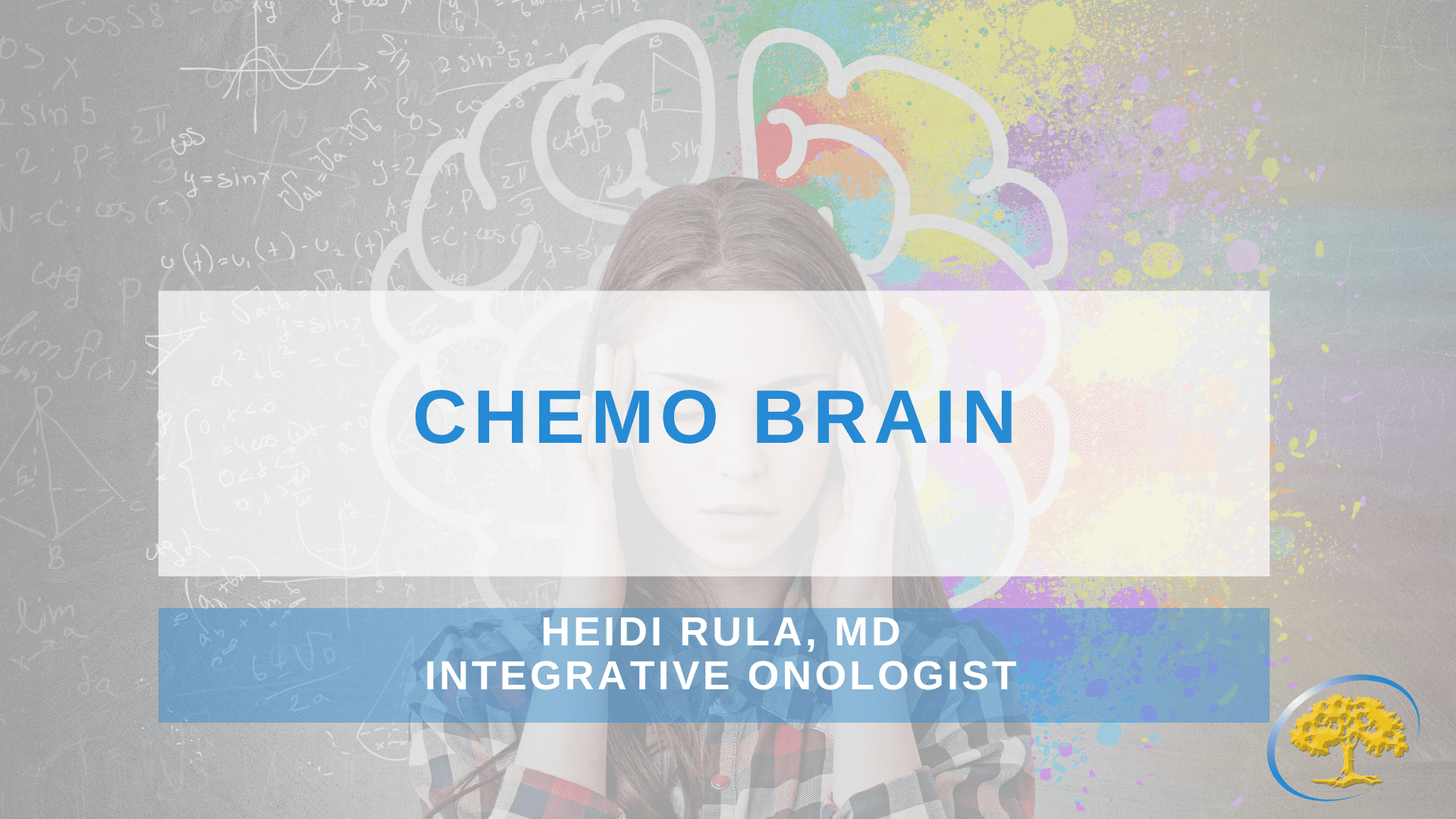
Posted 2 years ago
Chemo Brain
Many patients going through chemotherapy treatment report having chemo brain, other cancer treatments like radiation, as well as the cancer itself, can cause similar symptoms that produce problems with memory and thinking. The term chemo brain or brain fog generally describes a variety of troublesome symptoms that include feeling spacey, having difficulty processing information as well as trouble with word recall and short-term memory. These symptoms can interfere with your ability to function at work or home. They generally will subside within months of completing treatment, but some may be affected for many years after treatment is complete.
What causes chemo brain
Although it is not entirely understood what causes it, newer studies are looking at the role of inflammation as an explanation of what is going in the brain for individuals experiencing chemo brain. Inflammation is the immune systems’ response to being irritated. The irritation can come from infections caused by bacteria or viruses, from injury like a sprained ankle, from the presence of abnormal cancer cells in the body or in the case of chemotherapy from the death of cancer cells. When the brain is inflamed, the normal communication among brain cells is interrupted which impacts thinking and memory.

To improve memory symptoms and help lower inflammation there are a number of lifestyle approaches that may help.
- Getting a good night’s rest is very important to help the brain recover and process memories. It is optimal to get 7-9 hours of sleep a night.
- The foods you eat can help lower inflammation in the body and provide nutrients to support healthy brain function. The Mediterranean diet is probably the best diet that provides these anti-inflammatory foods with healthy oils like olive oil and fatty fish like salmon and an abundance of color vegetables and fruits. Most importantly it limits sugar and inflammatory fatty foods like butter, cream, and red meat and fried foods which can increase inflammation in the body.
- It is best to avoid or have very limited alcohol which can serve as another toxic insult to brain cells that can impair recovery. It goes without saying, that smoking is also harmful and should be avoided.
- Having a daily relaxation practice like yoga or mediation can help with focus and mental clarity and lower stress. Being under high stress can increase stress hormone levels in the body which make it difficult to focus and retain information.
- Exercise during and after cancer treatment can help with fatigue and brain function. It is important to start with low intensity exercise and adjust to your fitness level so as not to cause exhaustion.
Supplements that may help lower brain inflammation
The following supplements have some evidence that they can lower inflammation in the brain which can be beneficial in brain recovery. It, however, is very important to make sure that they do not interfere with any medications that are being taken. Some of the supplement to consider are as follows:
- Curcumin
- Ginkgo biloba
- Ashwagandha
- Lion’s mane
The body has amazing self-healing capabilities but supporting the healing process through healthy lifestyle modifications can help lower inflammation and improve brain recovery after cancer.
